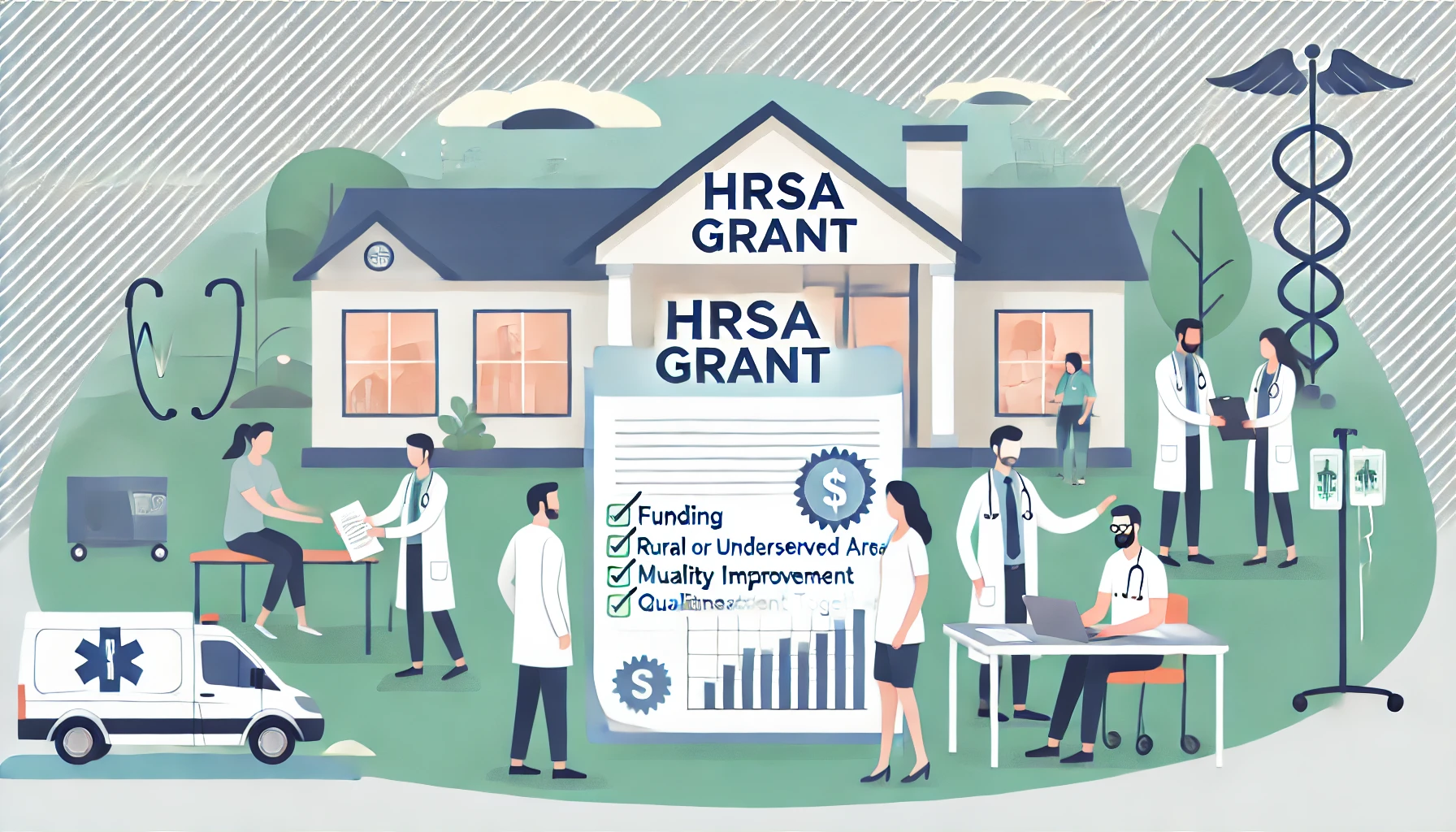
Table of Contents

HCA Nurses Triumph Over AI; Doctors Embrace ChatGPT in Practice
While some healthcare professionals are embracing AI tools like ChatGPT to improve efficiency and care, others are drawing lines to protect their clinical autonomy and judgment.
HCA Nurses Triumph Over AI; Doctors Embrace ChatGPT in Practice
The conversation about artificial intelligence (AI) in healthcare is heating up as professionals adapt—or push back—against its integration into their workflows. A recent article on MedPage Today titled "HCA Nurses Triumph Over AI; Doctors Embrace ChatGPT in Practice" highlights an intriguing dichotomy: while some healthcare professionals are embracing AI tools like ChatGPT to improve efficiency and care, others are drawing lines to protect their clinical autonomy and judgment.
The Nurses' Perspective: Human Judgment Over Algorithms
An important segment of the article focused on nurses within HCA Healthcare, one of the largest health systems in the United States. These nurses recently made headlines by successfully pushing back against an HCA initiative to integrate AI-driven guidance into their patient care protocols.
The AI in question was designed to provide real-time patient evaluations and recommendations. However, nurses expressed concerns that these algorithms were undermining their professional judgment and personal connection to patient care. According to the article, one nurse argued, "We know our patients better than any algorithm could."
The collective resistance from HCA nurses led to a significant change: their input caused the organization to pull back on the deployment of certain AI technologies. This demonstrates the growing friction between human clinicians and advancements in machine-led decision-making tools.
Key Takeaways From the Nurses' Pushback
- Preserving Clinical Judgment: Many nurses believe that while AI can assist, it should not dictate care plans.
- Patient-Centered Care: Algorithms lack the holistic understanding of patients that nurses develop through hands-on experience.
- Collaboration Over Automation: For these healthcare providers, AI should complement—not replace—human expertise.
These points raise some critical questions for the broader medical field: what are the limits of AI in healthcare, and how do we ensure that technology remains a tool rather than a substitute for human expertise?
Doctors and ChatGPT: A Different Tune
On the opposite end of the spectrum, another segment of the healthcare workforce is readily adopting AI tools—but with a different purpose in mind. According to MedPage Today, some doctors are turning to ChatGPT, the AI-powered language model developed by OpenAI, to assist with administrative tasks and clinical documentation.
The article details how physicians find ChatGPT particularly useful for tasks such as:
- Drafting referral letters
- Composing discharge summaries
- Researching complex medical cases
One doctor described their experience with ChatGPT as "game-changing," emphasizing how much it enhanced efficiency and time management. For physicians stretched thin by an overwhelming workload, tools like ChatGPT appear to offer a lifeline by automating some of the more tedious aspects of their job.
Benefits of ChatGPT in Clinical Practice
- Improved Efficiency: Automating repetitive tasks frees up time for direct patient care.
- Enhanced Communication: AI can assist with drafting professional and patient-friendly documents.
- Supplementing Knowledge: ChatGPT can quickly generate summaries or insights, though its accuracy must always be verified.
While these applications are exciting, it still begs the question: should we place too much trust in AI for critical tasks, even administrative ones? How do physicians ensure the information generated by ChatGPT is both accurate and ethical?
Striking a Balance: The AI Dilemma
The MedPage Today article sheds light on a critical tension in healthcare: striking the balance between leveraging AI's potential and safeguarding human-centered care. Both the nurses' successful resistance and the doctors' enthusiastic adoption highlight this ongoing dilemma.
While integrating AI into healthcare can undeniably boost efficiency and improve access to resources, it also risks dehumanizing the caregiving process. A key concern is ensuring that healthcare providers still have the autonomy to overrule AI recommendations that don’t align with their professional training or the patient’s unique circumstances.
Questions Worth Asking
- Where do we draw the line between AI assistance and interference in clinical judgment?
- How can healthcare organizations balance innovation with maintaining patient trust?
- Will the use of AI inadvertently widen healthcare disparities, or can it serve as an equalizer with equitable implementation?
Final Thoughts: The Path Forward
The integration of AI in healthcare is not a binary issue; it’s a complex spectrum that requires thoughtful navigation. As seen through the lens of HCA nurses and physicians experimenting with ChatGPT, AI can be both a facilitator and a disruptor. The concerns of the nurses underscore the importance of maintaining human-centered care, while the experiences of physicians highlight the undeniable utility of AI tools in reducing burnout and improving efficiency.
Ultimately, the question isn’t just whether AI should play a role in healthcare—it’s about how it is implemented, regulated, and evaluated. As the MedPage Today article rightly suggests, healthcare organizations need to strike a careful balance between embracing technological innovation and preserving the core principles of patient care.
To read the original article, you can visit MedPage Today.

Why Every Hospital Needs a Quality and Patient Safety Program
Every hospital needs a quality and patient safety program to reduce harm, improve care, and foster a culture of accountability.
.png)
.png)

HRSA FQHC Requirements: A Comprehensive Guide for Healthcare Providers
When it comes to federally qualified health center requirements, there’s no shortage of regulations, expectations, and—depending on your perspective—opportunities.
.png)
.png)

Unlocking Funding: A Guide to Health Resources and Services Administration (HRSA) Grants
Use HRSA grants to fund external peer review programs that enhance care quality, reduce bias, and support compliance in health centers.
.png)
.png)



.png)
.png)
.png)






.png)